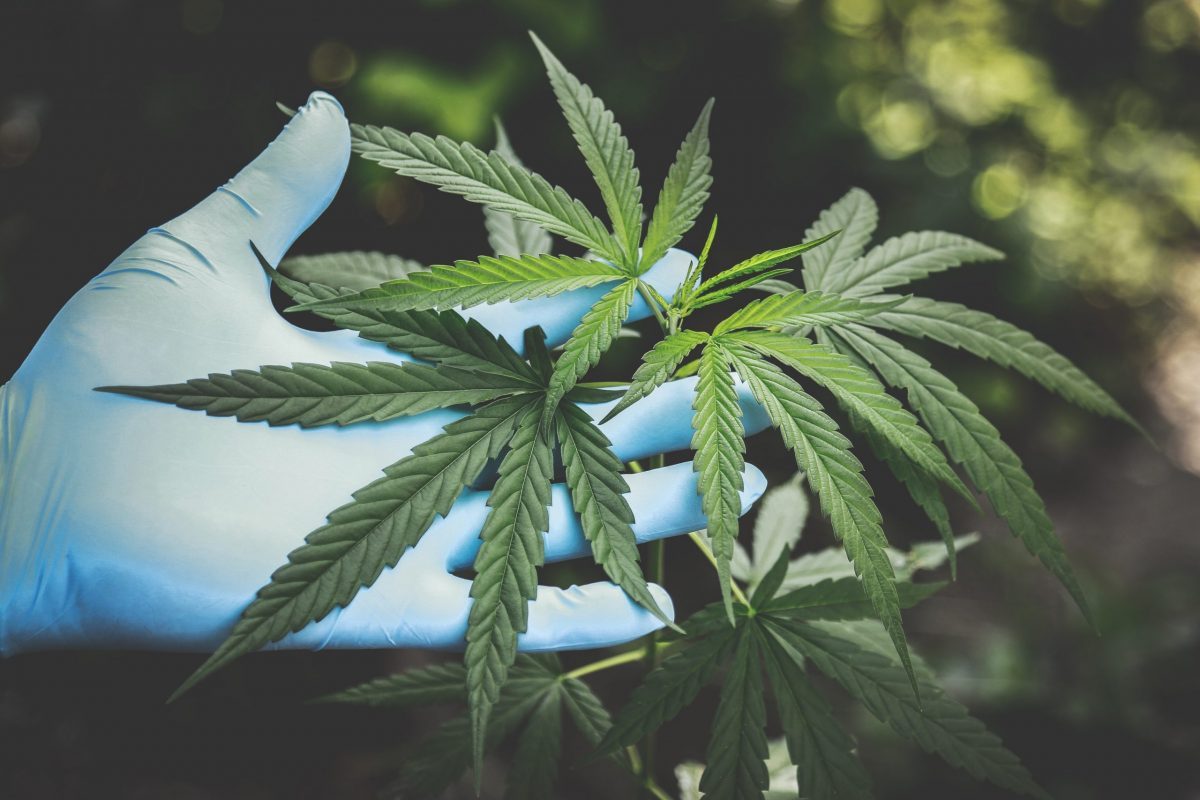The legal cannabis industry has been showing great promise lately, with the first cannabis-based drug receiving approval by the U.S. Food and Drug administration (FDA) in 2018, and with the massive amounts of investor cash that has been steadily flowing into legal marijuana operations. In fact, the legal cannabis industry in North America has taken significant leaps in recent years, with one of the largest developments being in Canada. On October 17th, 2018, Canada became the first major world economy to legalize recreational marijuana. For many, it was a pivotal moment, akin to the ending of Prohibition in the United States in the 1930s.
So, where does the United States stand in all this? Currently, marijuana is still considered a Schedule I drug under the Controlled Substances Act, and is therefore illegal under the federal government. But as time goes on, more states are voting to legalize marijuana in one form or another. And, in even bigger news–cannabis stocks are growing (no pun intended) in popularity on several major exchanges.
With marijuana legalization proceedings happening in both Canada and in the U.S., it was perhaps only a matter of time before another significant first would happen: Canadian companies are now legally shipping cannabis to the United States.
So far, two companies have gotten approval from the U.S. government and the DEA to move their product across the border: Toronto-based cannabis giant Tilray (Stock: TLRY), and Canopy Growth (STOCK: CGC), based in Ontario.
Tilray announced that it had received approval from the U.S. government and the DEA in September 2018 to import a cannabinoid product–which is designed to address essential tremor, which is a common neurological disorder that causes an individual’s body to shake–for a clinical trial in California. The Canadian company is reliant upon exports to foreign markets because of its focus on the medical marijuana arena. Exporting to the U.S. is crucial because the U.S. government has only one federally-approved facility to grow marijuana, meaning the flow of supplies for medical developers is excruciatingly slow.
Canopy Growth revealed in early October 2018 that the DEA approved its shipment of legal medical cannabis to a research partner in the United States. Canopy Growth’s president, Mark Zekulin, is reported to have said, “the United States presents a unique market opportunity and as the most established cannabis business in the world we, in turn, offer a unique ability to advantage standardization, IP development, and clinical research that can improve the understanding and legal application of cannabis and cannabinoids.”
Going forward, the big question remains whether these cases signify a sea of change, or if they’re simply one-off events. We remain optimistic, as a total of 33 states as well as the District of Columbia have legalized marijuana to some degree—mainly for medicinal purposes. 11 of those states—Alaska, California, Colorado, Illinois, Maine, Massachusetts, Michigan, Nevada, Oregon, Vermont, and Washington—made recreational use legal. And these numbers continue to rise.
The Bottom Line
Federal prohibitions are getting in the way of efforts to grow the U.S. marijuana business into a global industry, which has allowed Canadian cannabis growers to dominate the export market. Recently, two Canadian cannabis companies have received highly specialized approval to ship cannabis products into the U.S., and it’s important to recognize that these are limited scenarios, and that the situation is far from an open door for Canadian cannabis to flow southward. Still, given the fact that the U.S. federal government has remained staunchly opposed to legalizing marijuana in any form, it represents a significant shift in policy.

Leave a Reply